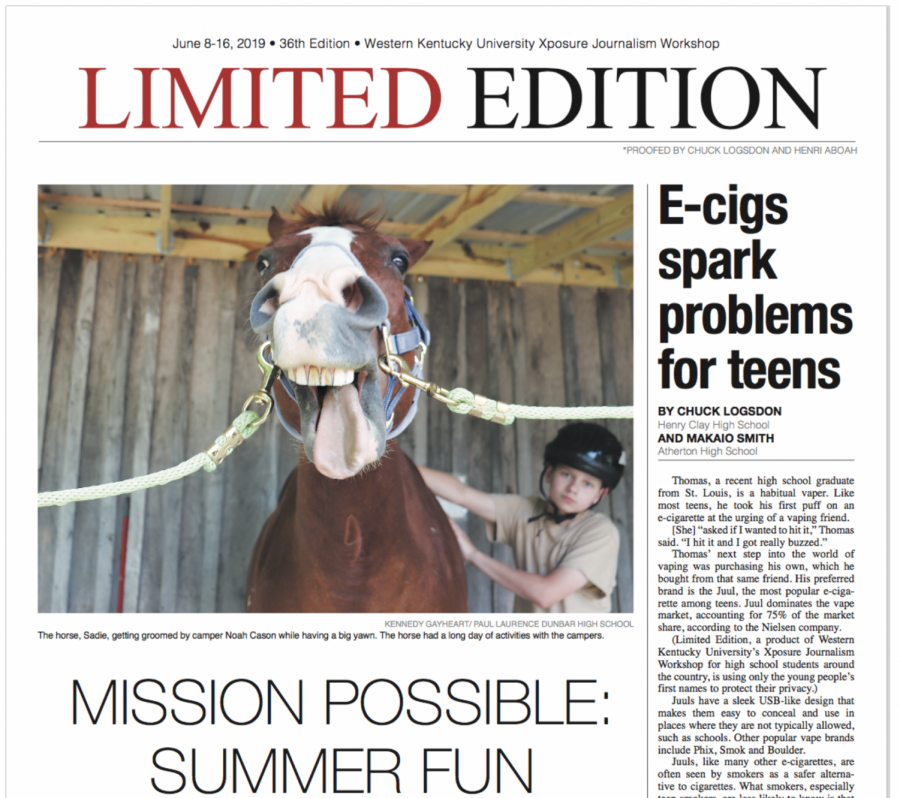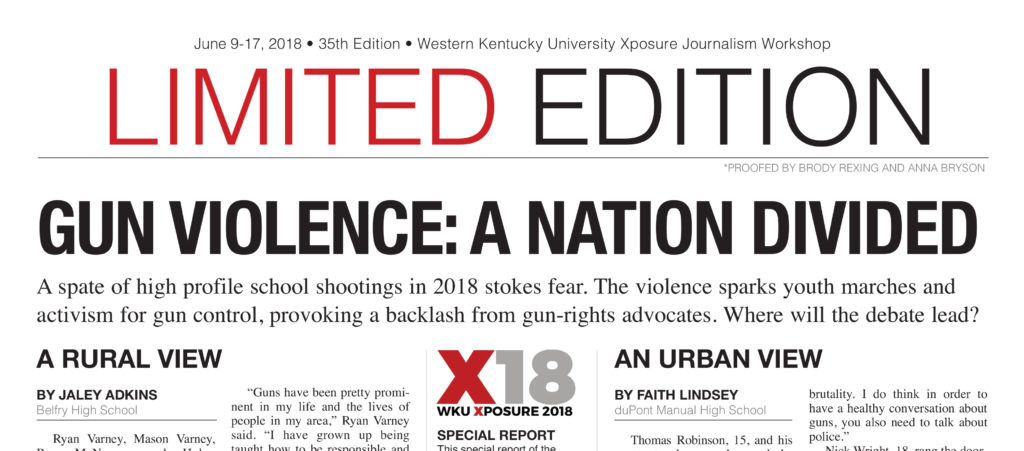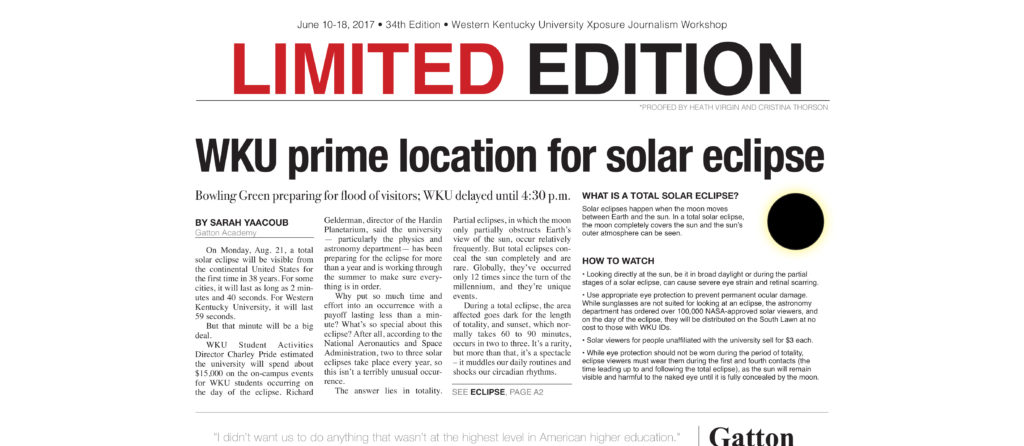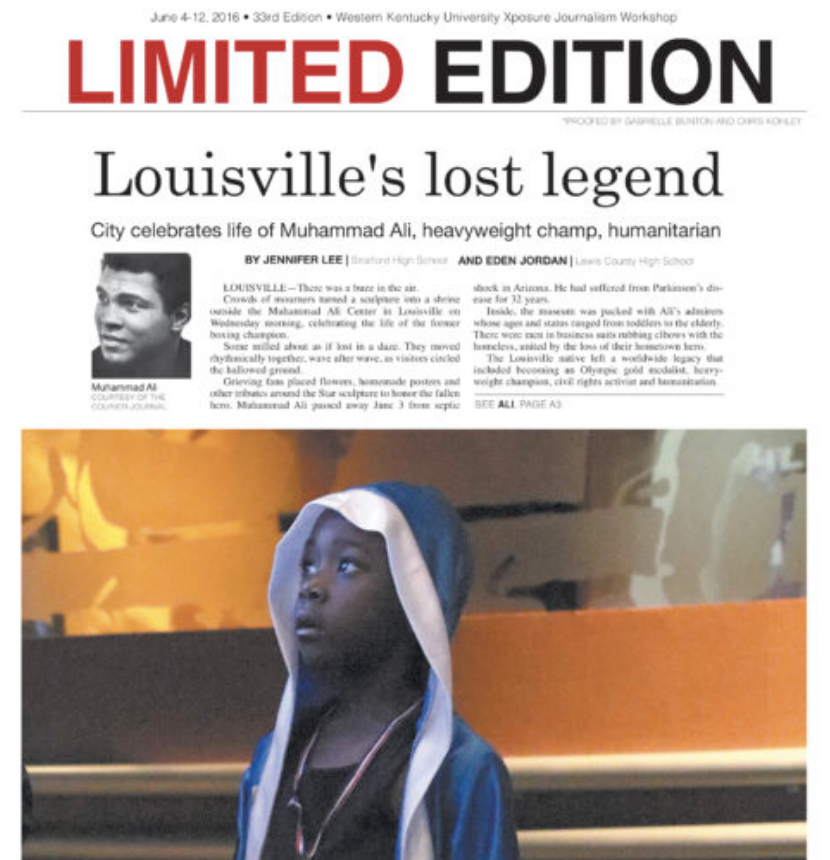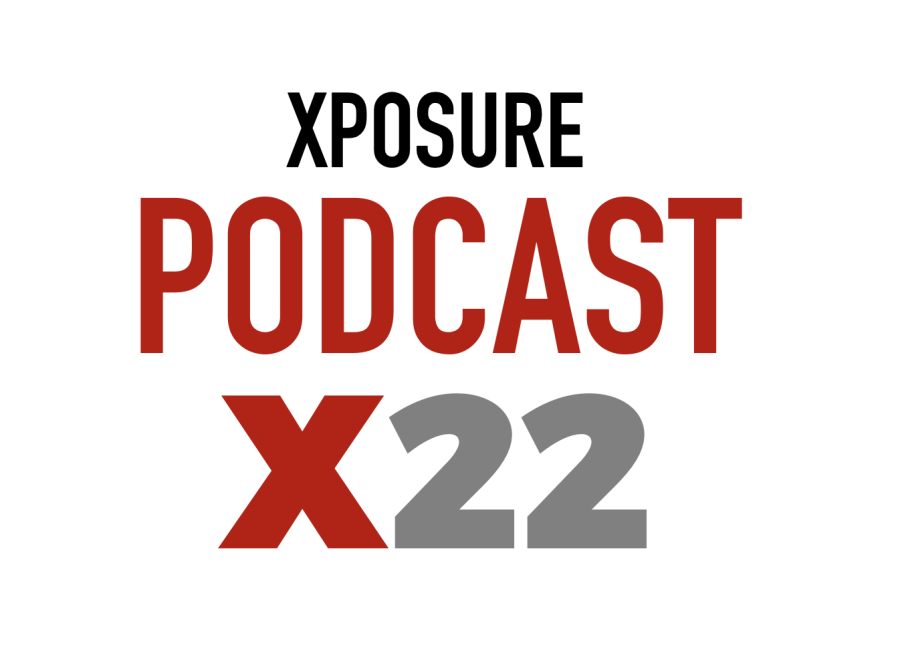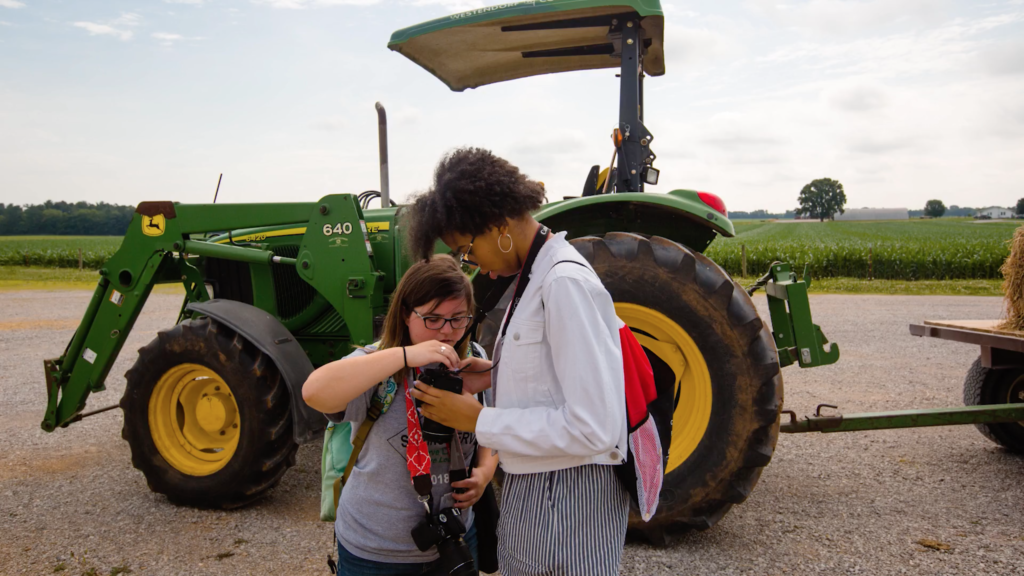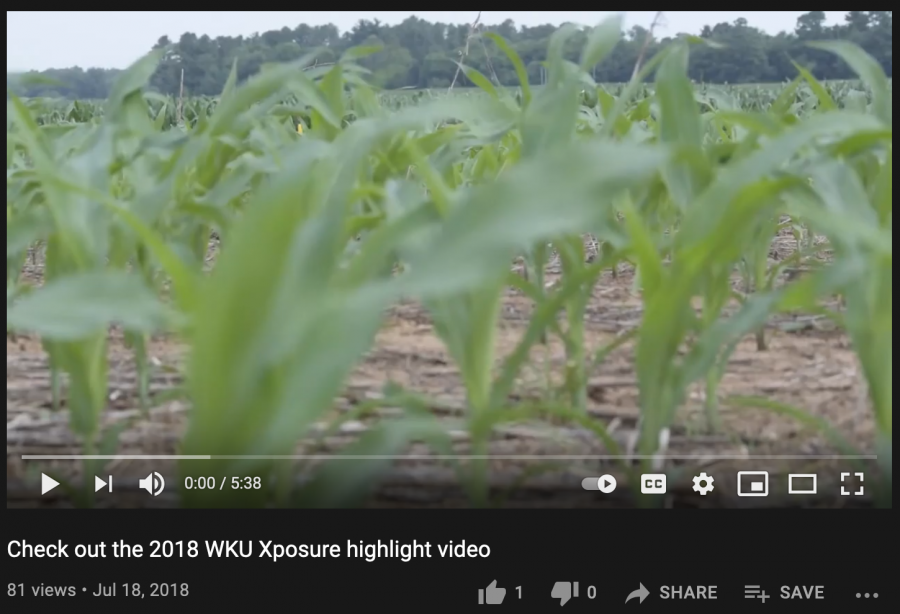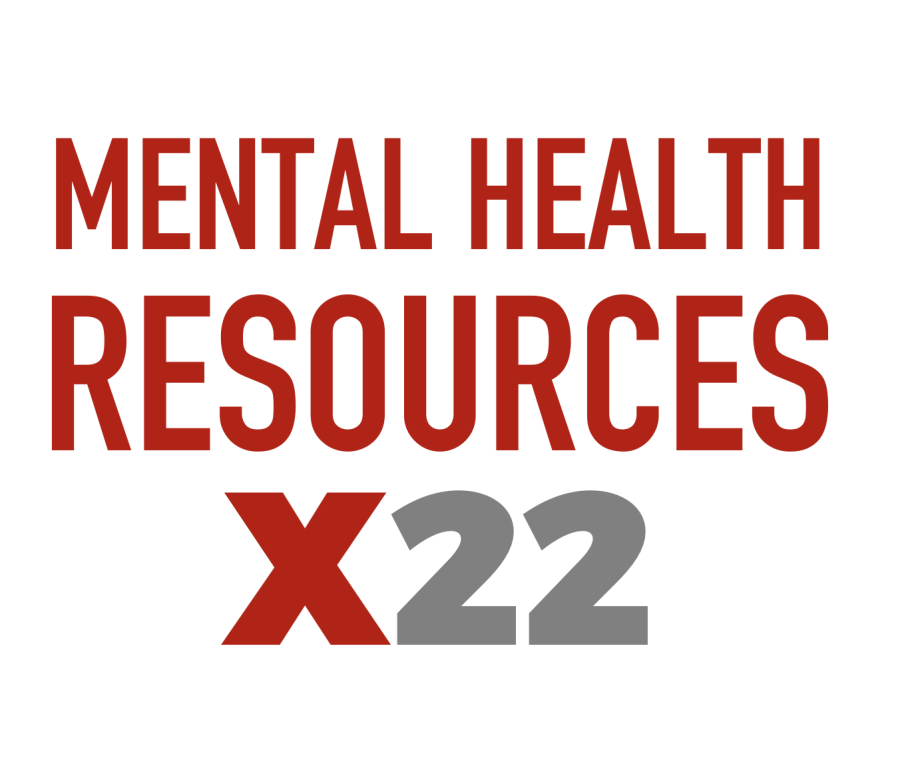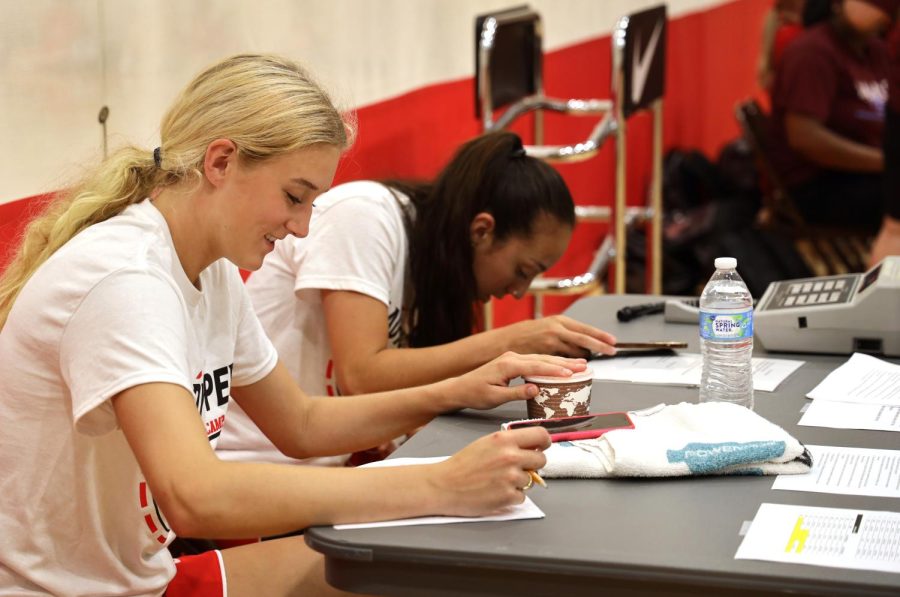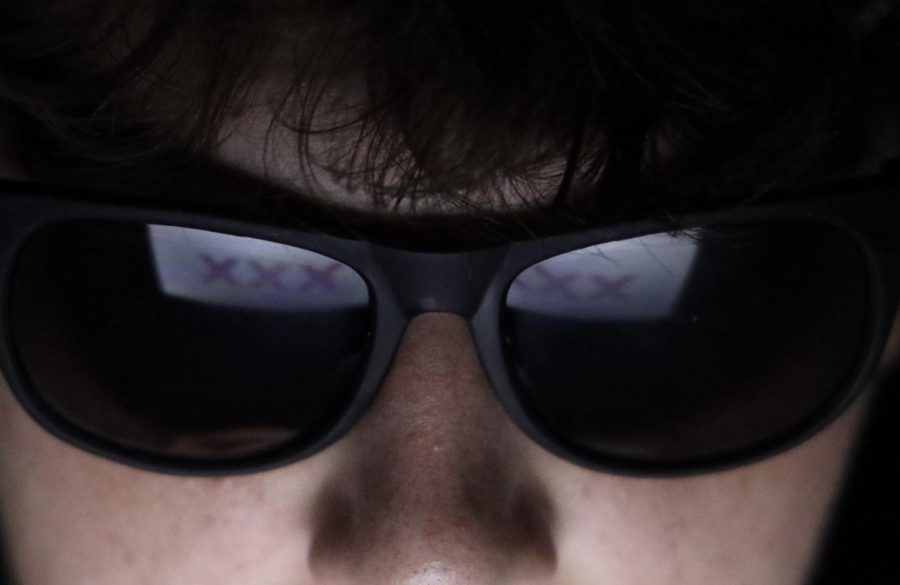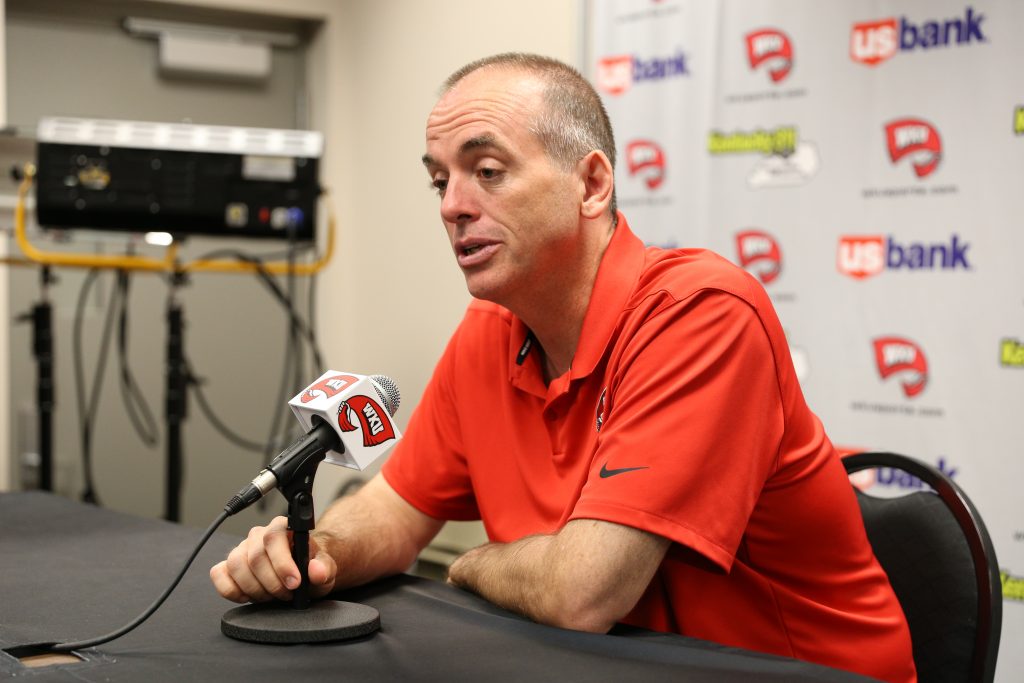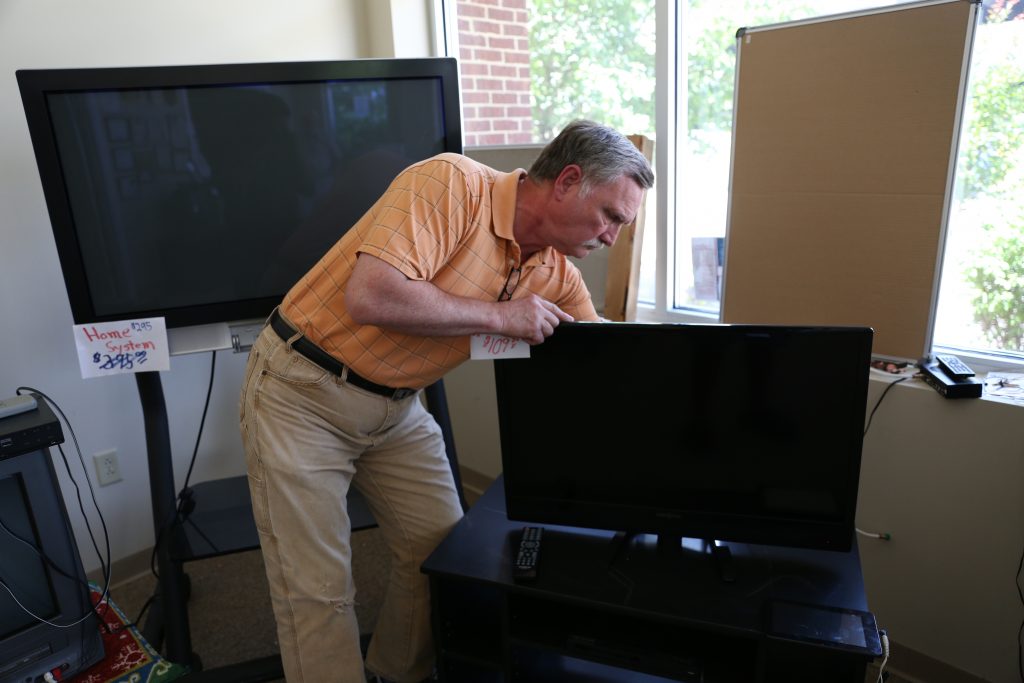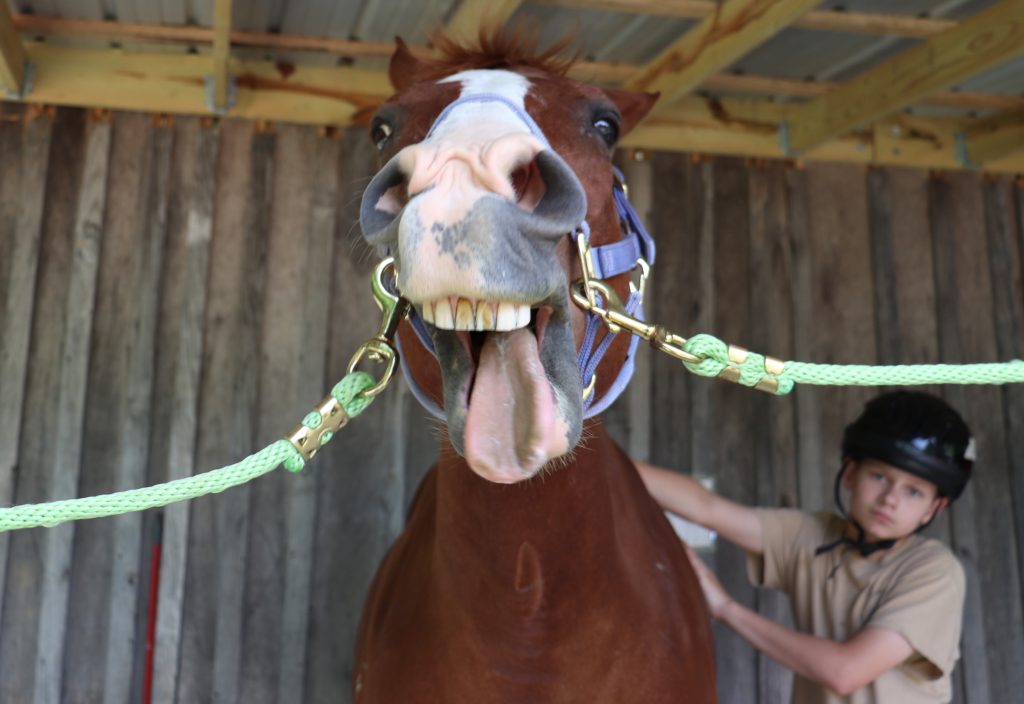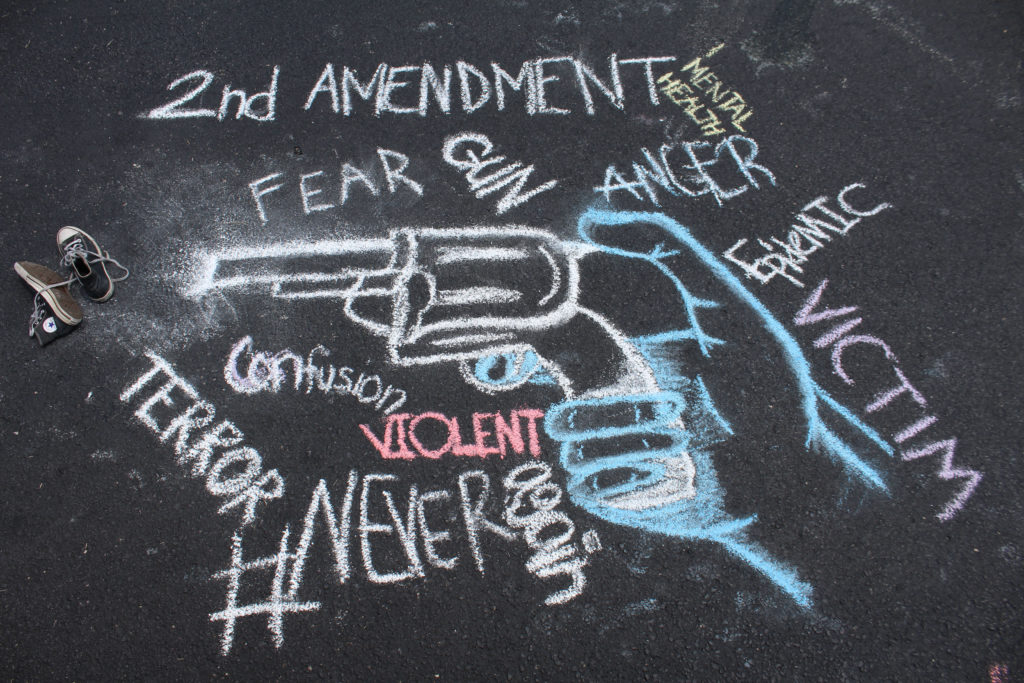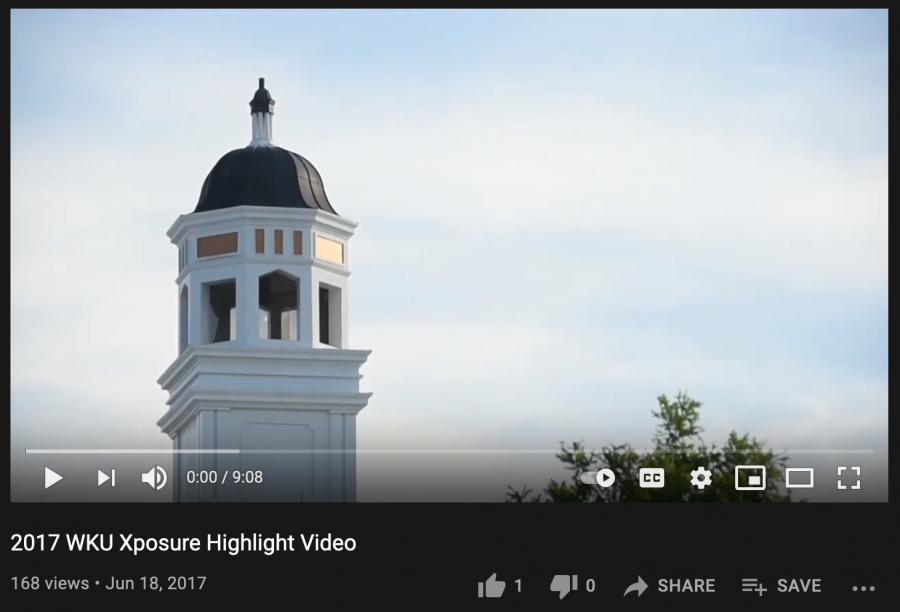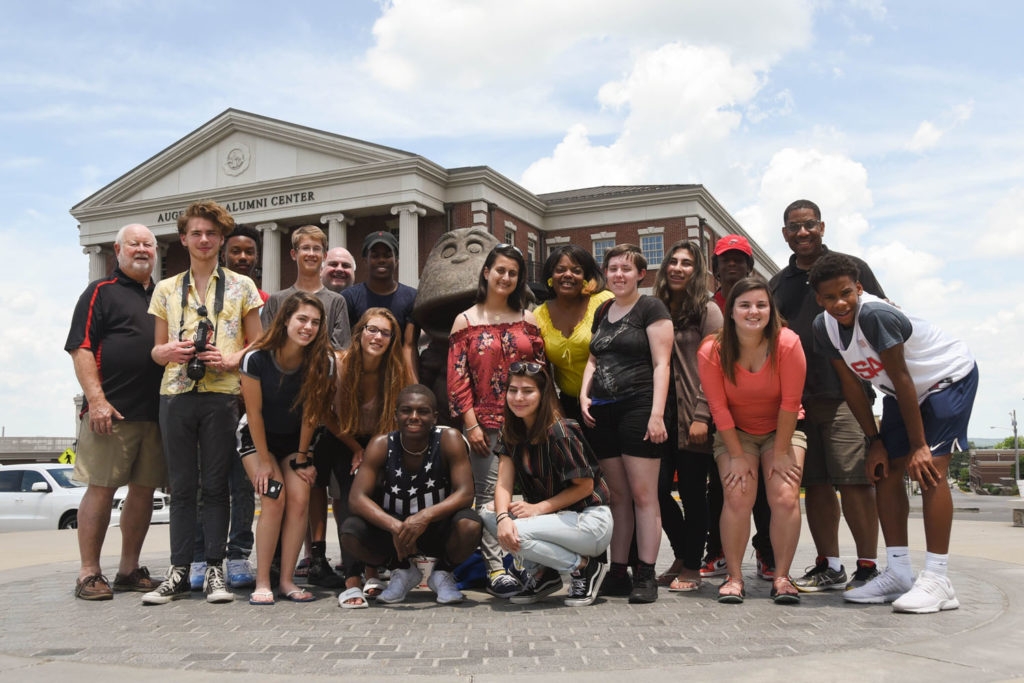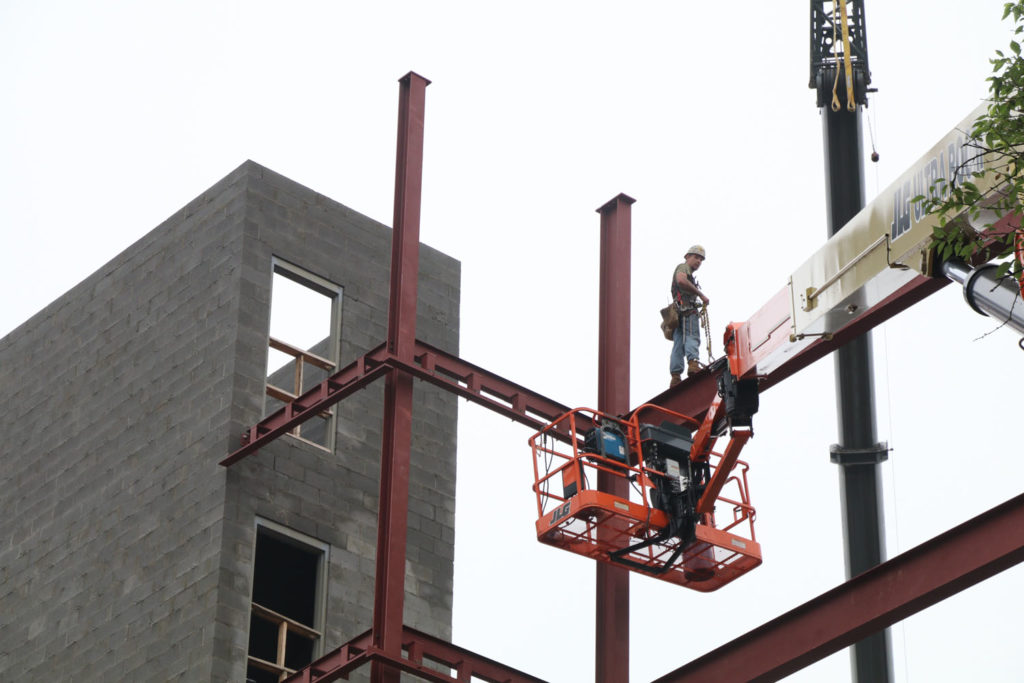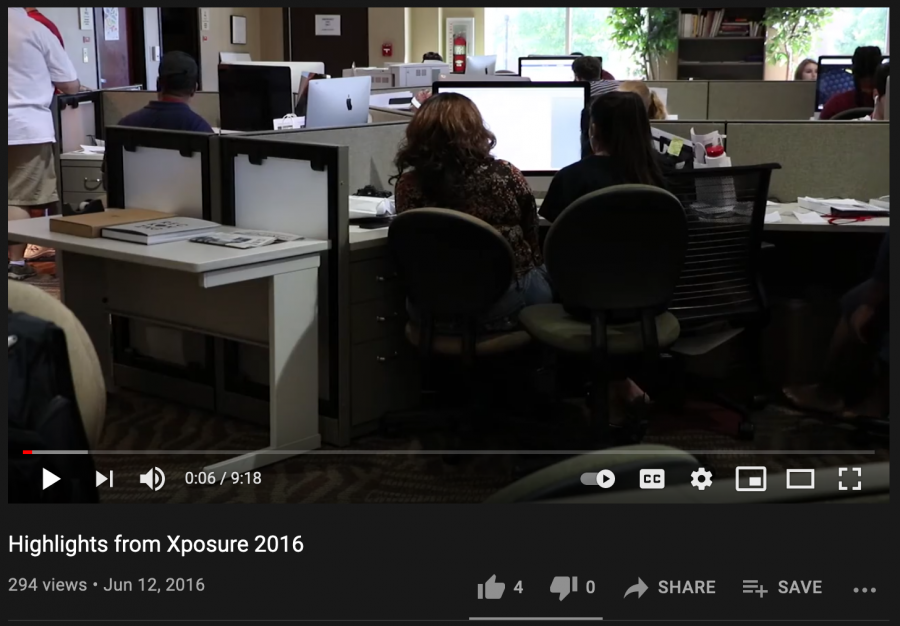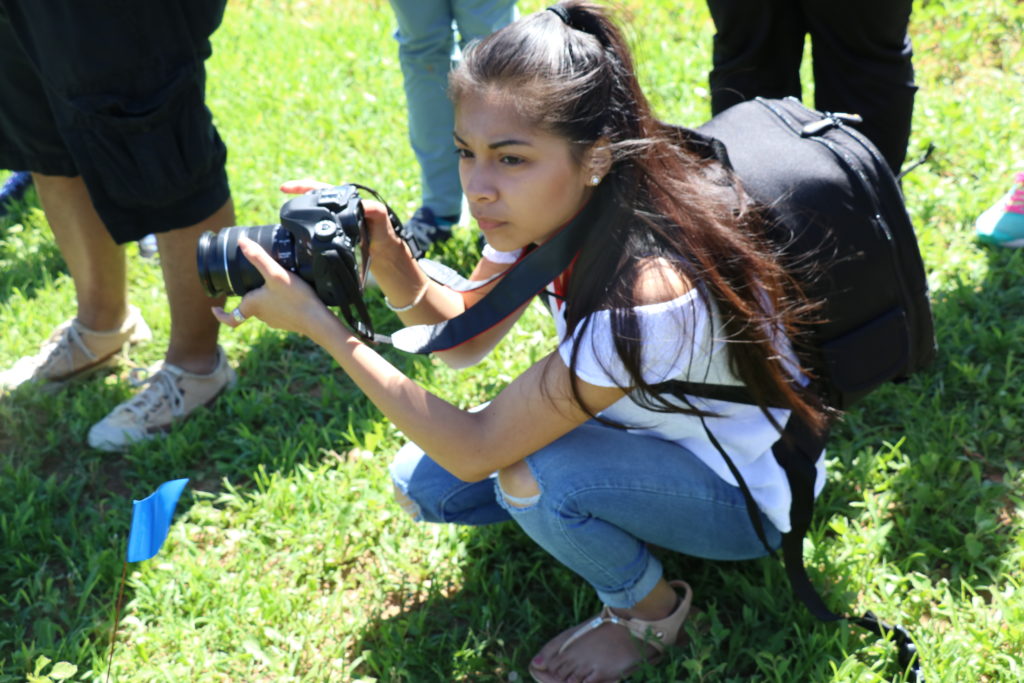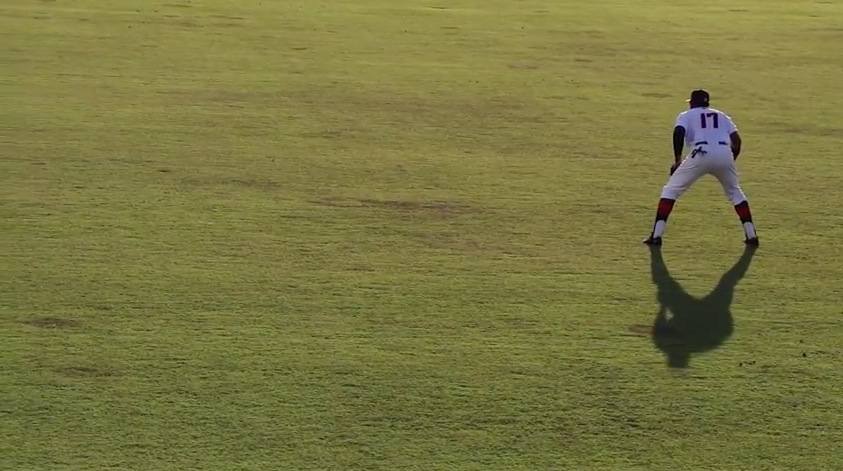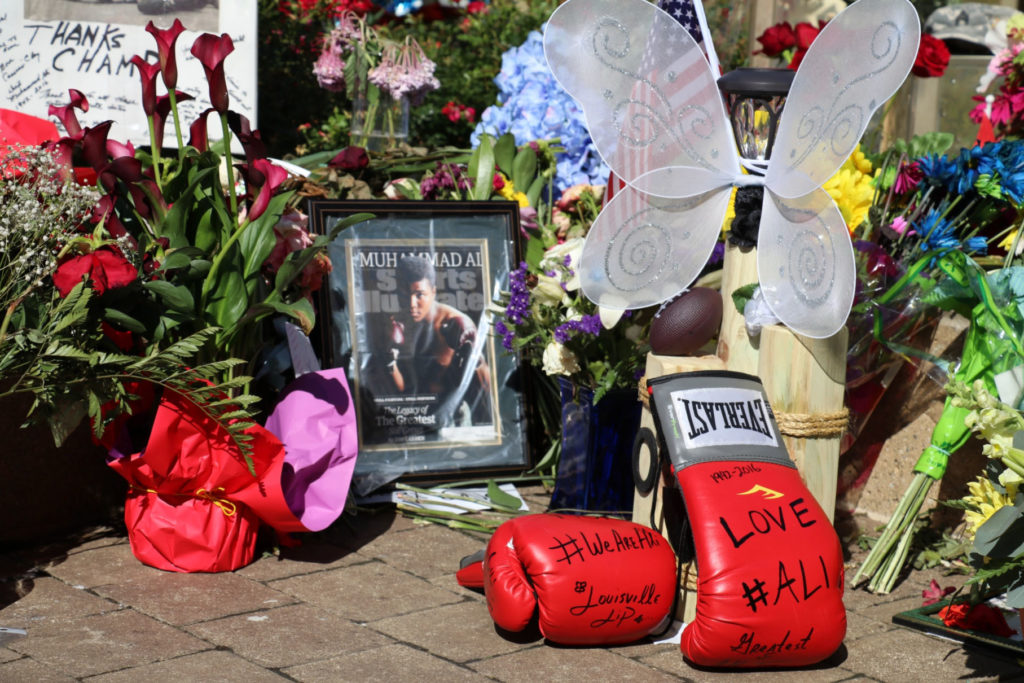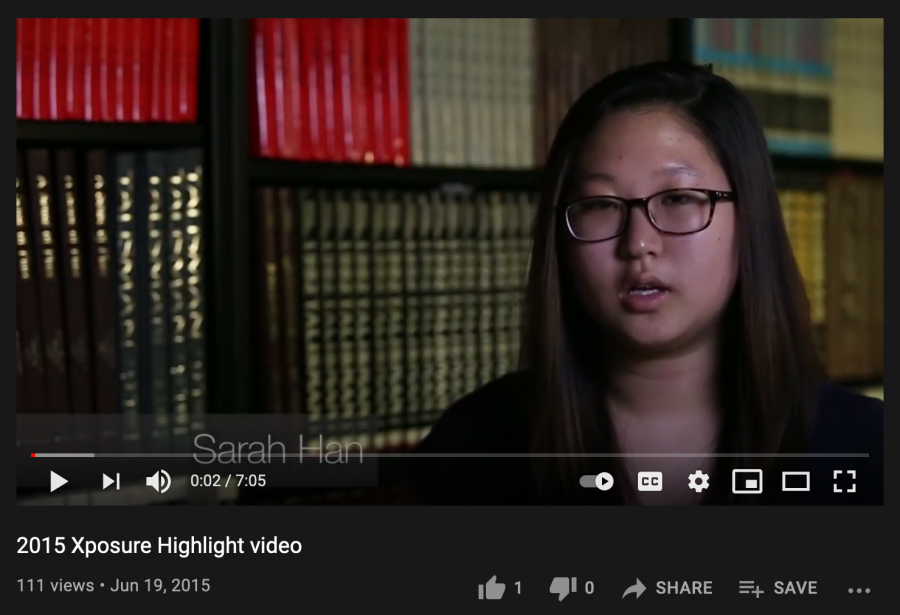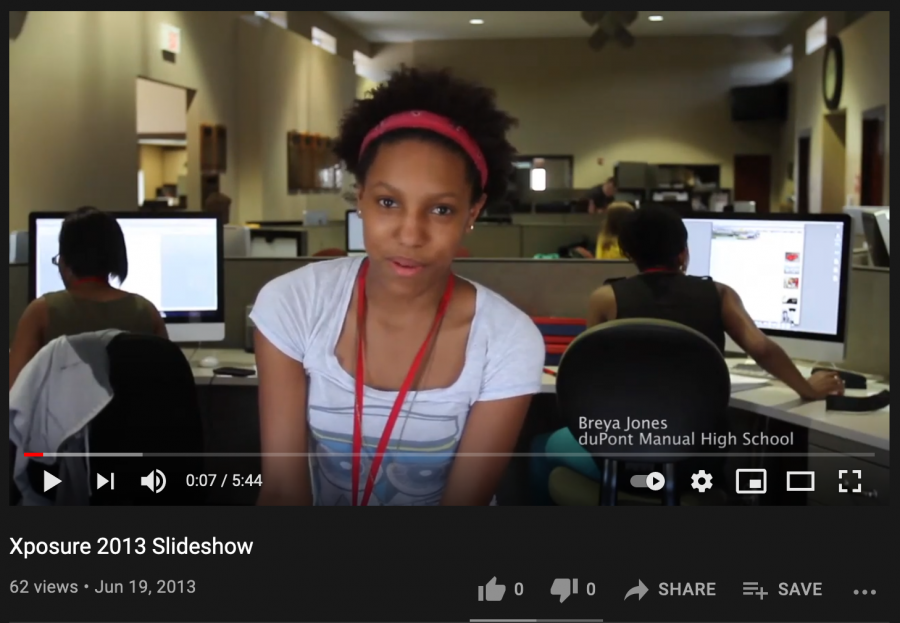A LONELY TIME: Pandemic isolation, grief take toll on teen mental health
Josie Gilvin, left, an incoming freshman at WKU, said the global coronavirus pandemic was “a very lonely time.”
Zaina Mike’s father used to play games with her in the basement to make her laugh when tornadoes were nearby. Once he died from COVID-19, she coped using the bravery he taught her.
“He was just really caring and did everything for everyone, no matter what,” Mike, 15, said. “He was really selfless.”
The pandemic that took Mike’s father has dramatically changed countless teens’ lives.
“Every time I hear that someone has (COVID-19) or my friends’ families have it, I just pray that they don’t have to go through what I went through,” said Mike, who is from Louisville. “I get scared really badly because it was so traumatic.”
Like Mike, 18-year-old Nickalas Lembo has had to deal with grief during the pandemic. When he lost his grandmother to cancer last year, Lembo withdrew from his peers. As he opened back up, the pandemic prevented him from fully reconnecting with his friends to get support.
“I kind of closed in on myself for a little while,” said Lembo, who is from Los Angeles. “Then, by the time I wanted to start talking to people, it was really hard because of the pandemic. I couldn’t really see people in person.”
From family deaths to isolation, the effects of the pandemic have taken a toll on teen mental health and well-being that persists more than two years after the pandemic began.
According to a survey by the Centers for Disease Control and Prevention (CDC), 37.1% of high school students have experienced poor mental health “most of the time or always” during the pandemic.
For Josie Gilvin, 19, the pandemic has been isolating and draining.
“It was a very lonely time, I feel like,” said Gilvin, an incoming freshman at Western Kentucky University. “I was only around my family. I didn’t get to see my friends much and my friends are what make me happy. It was definitely a loss of time out there.”
With many schools across the country switching to distance learning during 2020 and 2021 as a result of pandemic safety concerns, teens had fewer chances to socialize. The CDC survey found that 46.6% of high school students felt connected to people at school during that time. More than 35% of those who felt connected to their peers felt “persistent feelings of sadness or hopelessness,” compared to 52.9% of teens who didn’t feel close to their peers.
“I have seen significant levels of anxiety and depression in some students who I work with,” said Cordelia Patterson, a school psychologist at Metro Nashville Public Schools.
Students’ academic performance has also taken a hit during the pandemic. A Brown University study found that student math and reading test scores decreased significantly in 2021 compared to 2019.
“I think that COVID definitely created a barrier for the development of (organization and self-regulation) skills, just because a lot of students didn’t have to apply them,” said Patterson, whose opinions do not necessarily reflect those of MNPS. “They weren’t able to apply them virtually.”
These widespread academic difficulties are another factor impacting teen mental health.
“For academics, it affected me very badly because I was at home, not focused at all,” Gilvin said. “No one was holding me accountable.”
While the pandemic has exacerbated the mental health crisis, teens’ mental health was already worsening prior to the pandemic. According to the CDC, the suicide rate of young people ages 10 to 24 increased by 57.4% from 2007 to 2018.
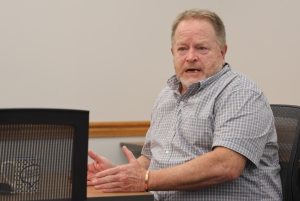
Karl Laves, associate director of the counseling center at WKU, said in an Xposure press conference that the majority of students he sees are not seeking mental health help primarily due to the pandemic.
“A lot of people were struggling before the virus and they’re still struggling,” Laves said. “COVID didn’t help.”
To cope with their losses, Mike and Lembo rely on talking to friends and using their support systems. Gilvin deals with the stress of the pandemic by playing basketball with her teammates at WKU.
“(You need) self-acceptance and normalization,” Laves said. “Talk, find other people and realize you’re not the only one. There’s great strength in hearing people go through or talk about the same problems you have.”


